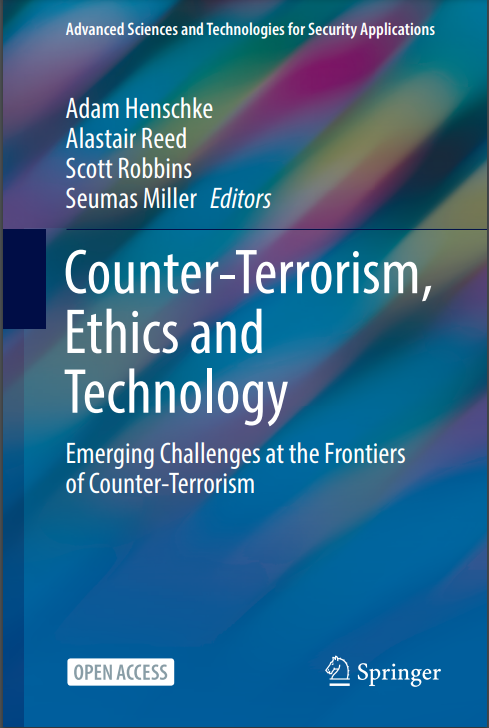Counter-Terrorism, Ethics and Technology
Editorial: Springer Nature
Licencia: Creative Commons (by)
Autor(es): Henschke, Adam; [et al.]
This open access book brings together a range of contributions that seek to explore the ethical issues arising from the overlap between counter-terrorism, ethics, and technologies. Terrorism and our responses pose some of the most significant ethical challenges to states and people. At the same time, we are becoming increasingly aware of the ethical implications of new and emerging technologies. Whether it is the use of remote weapons like drones as part of counter-terrorism strategies, the application of surveillance technologies to monitor and respond to terrorist activities, or counterintelligence agencies use of machine learning to detect suspicious behavior and hacking computers to gain access to encrypted data, technologies play a significant role in modern counter-terrorism. However, each of these technologies carries with them a range of ethical issues and challenges. How we use these technologies and the policies that govern them have broader impact beyond just the identification and response to terrorist activities. As we are seeing with China, the need to respond to domestic terrorism is one of the justifications for their rollout of the "social credit system." Counter-terrorism technologies can easily succumb to mission creep, where a technology's exceptional application becomes normalized and rolled out to society more generally. This collection is not just timely but an important contribution to understand the ethics of counter-terrorism and technology and has far wider implications for societies and nations around the world.
[Cham: 2021]
Compartir:
Una vez que el usuario haya visto al menos un documento, este fragmento será visible.


